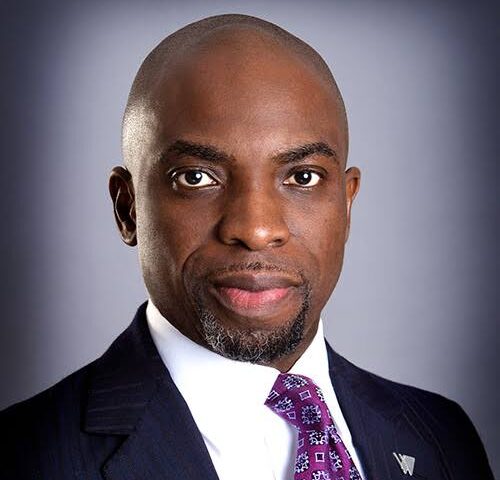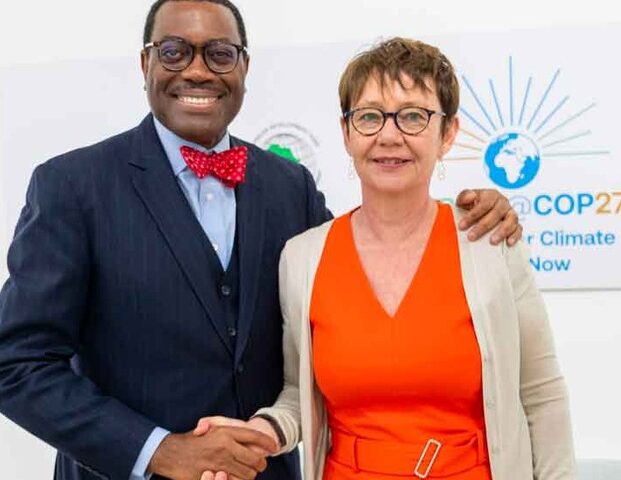AfDB President calls for adequate funding of education in Africa
By Favour Nnabugwu
The President of African Development Bank (AfDB), Akinwunmi Adesina has called for adequate funding of education sector in Africa in order to reduce youth unemployment in the continent
Adesina on Thursday in Abeokuta warned that, the high unemployment rate in Africa if not checked could worsen the social and political fragility of countries in the continent.
The AfDB President gave the warning in a lecture delivered at a Colloquium on “The Role of Education in 21st Century Nigeria Development: BBHS Adventure” as part of activities marking the 100 years anniversary of Baptist Boys High School (BBHS), Abeokuta, Ogun State.
The event which was attended by the former Speaker of the House of Representatives, Dimeji Bankole and other alumni of the school was organized by the Old Boys Association of the school.
Adesina while delivering his lecture virtually said, for the United Nations (UN) goal for inclusive and quality education for all to be achieved, the global spending on education must rise from $1.2 trillion to $3 trillion per year by 2030.
He said, Nigeria as a nation with rapidly growing population must do more to ensure that the younger generation receive access to the education they deserve.
He said, “As a nation, the demands of a dynamic, fast-changing and integrated labour market globally require that we must significantly invest in building first grade and competitive human capital”.
“We must also improve educational system to be more resilient and able to adapt to the rapidly changing environment.
“We must transform African’s educational systems to prepare students for this new digital world.
“The investment that any nation makes in education reflects hopes and aspirations for accelerated development.
“We cannot underfund education. A nation can only go as far as its quality of its human capital, so if you underfund quality education, get ready for underdevelopment.
“The greatest discouragement to education is lack of jobs. The unemployment rate in Africa is extremely high and it reduce the return on education. Furthermore, it leads to frustration among the youths and spurs social discontent which could worsen social and political fragility of countries.”
Adesina said, AfDB has equipped no fewer than 50 million young Africans with skills, particularly in science, technology, engineering and mathematics.
According to him, the AfDB has invested more than $171 million in education in Nigeria, adding that, the various interventions have produced more than 464 Masters degree holders and 83 PhD holders.
He said, the AfDB would soon establish a Youth Enterprise Investment Bank in Africa to address high unemployment rate in the continent.
In his address, the National President of Old Boys Association of BBHS, Prof. Kayode Oyesiku said there was need for Nigeria to de-emphasis certification and focus more on technical and vocational education.
“This country place too emphasis on paper certificate. The issue of unemployment may not be resolved if we continue to place too much emphasis on paper certificate.
“Without vocational and technical education we are going nowhere. We are only deceiving ourselves, we must emphasis on vocational and technical in our schools starting from secondary up to the tertiary level”, Oyesiku said.




